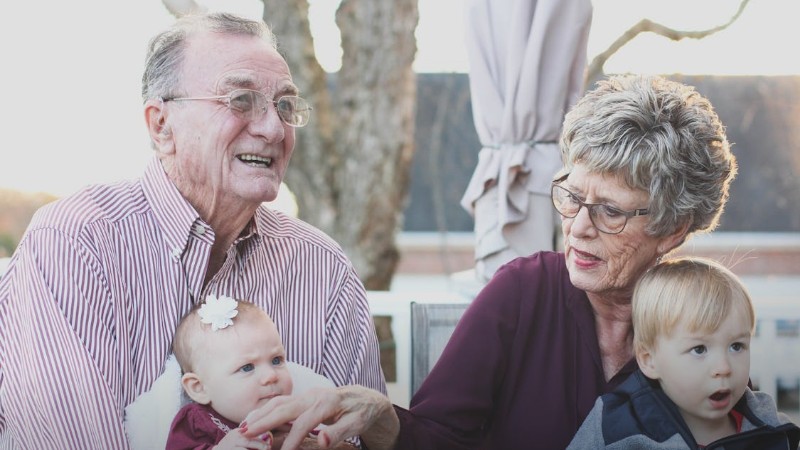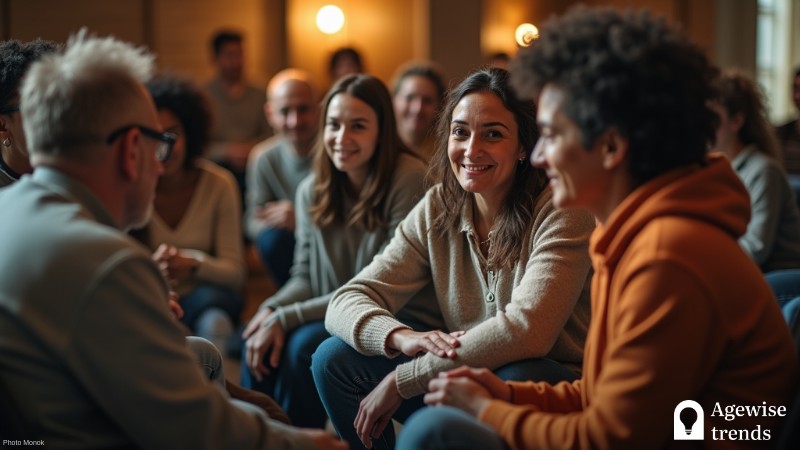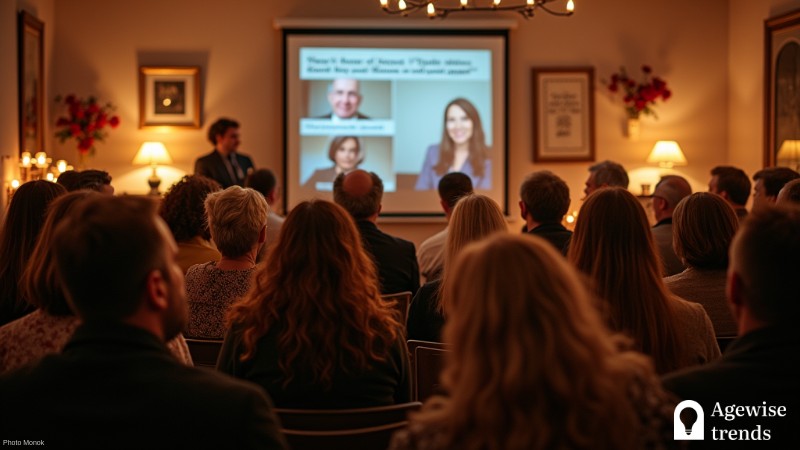Grieving a loss is personal and can be tough, especially for seniors with special life challenges. Good grief counseling gives tools to help handle these emotions, supporting mental and emotional strength. By getting how grief works and using custom support systems, seniors can find ways to heal and reconnect with life.
Key Takeaways
Grief counseling provides essential tools for families and seniors to handle emotions and support mental and emotional strength during bereavement.
- Seniors face unique challenges when grieving, including depression, anxiety, and memory problems, which can be addressed through customized grief counseling.
- Creating safe spaces for healing, such as community-based grief counseling centers and support groups, is crucial for seniors to feel a sense of belonging and reduce loneliness.
- A national framework for grief support, including data-driven policies, partnerships with senior centers, and technology-enabled solutions, can help bridge gaps in accessibility and provide comprehensive care for isolated seniors.
Understanding the complexity of grief in seniors
Grief isn’t simple, especially for older adults dealing with many types of loss. This could be losing a spouse, friends, or even a sense of purpose after retirement. When grief isn’t resolved, it can lead to issues like depression, anxiety, and memory problems.
Older individuals also may face more challenges, like losing mobility, having less money, or moving to assisted living. These changes can make them feel more lonely, so it’s important to offer counseling that considers not just emotions but also social and everyday needs.
Grief counseling for seniors often includes activities like sharing life stories or legacy projects. These help them process feelings while honoring their unique experiences. Plus, it’s crucial to understand how grief affects mental health to help build long-term strength.
Creating safe spaces for healing
Community-based grief counseling centers, like The Sharing Place, are great at helping people of all ages talk about their feelings. For seniors, having similar places just for them is very important. Support groups for older adults help them feel like they belong, reducing loneliness and promoting help from peers.
Keeping the mind active is also crucial, with activities like memory-sharing and creative arts. Creating “legacy books” or talking about important life events can help seniors understand their experiences and find meaning in their losses. These activities not only help emotionally but also support memory and thinking skills, which grief can affect.
Additionally, talking openly about grief and loss is really important. Some communities find it hard to discuss death due to cultural taboos, but teaching about open conversations can help seniors and their families face these tough emotions. Workshops for caregivers and families can help connect different generations and ensure everyone knows how to support each other.
Building a national framework for grief support
Despite the growing recognition of grief’s impact on overall wellness, many seniors remain underserved by existing resources. To address this, a coordinated national approach is essential. Initiatives such as the Grief-Sensitive School Initiative highlight how structured training and resource allocation can empower educators to support grieving students effectively. Adapting similar models for senior populations—perhaps through partnerships with senior centers or Medicare-supported counseling programs—could bridge gaps in accessibility.
Innovative efforts like Utah’s inclusion of bereaved children in death certificate records showcase how data-driven policies can identify and support individuals in need. Expanding this concept to track and connect grieving seniors to appropriate resources could create a more robust safety net.
Private foundations and non-profit organizations also play a pivotal role in funding grief counseling initiatives. For instance, the New York Life Foundation has significantly contributed to bereavement programs, ensuring that resources remain free for those in need. Similar investments tailored to senior populations could amplify the reach and effectiveness of grief counseling services.
Finally, technology offers new possibilities for extending grief support to isolated seniors. Telehealth platforms, online support groups, and digital tools for mental health monitoring are emerging as viable options, particularly for those living in rural or underserved areas. By combining traditional counseling with modern technology, seniors can access comprehensive care no matter their location.
Grief counseling tailored to seniors acknowledges their unique challenges and life experiences, helping them navigate loss while maintaining cognitive wellness. By building supportive environments, fostering open communication, and implementing systemic solutions, we can empower older adults to embrace healing and find hope in the midst of profound loss.















